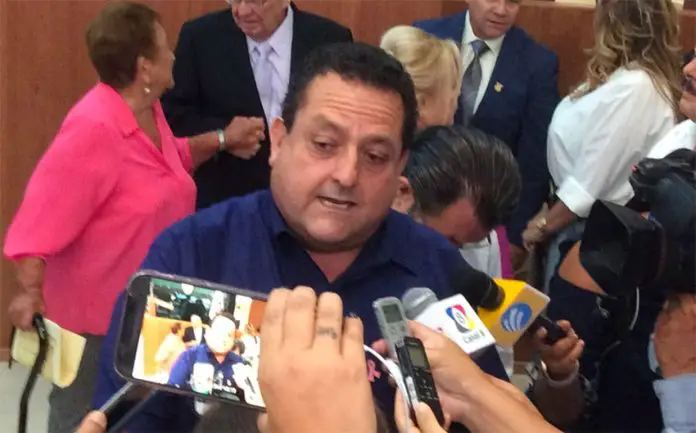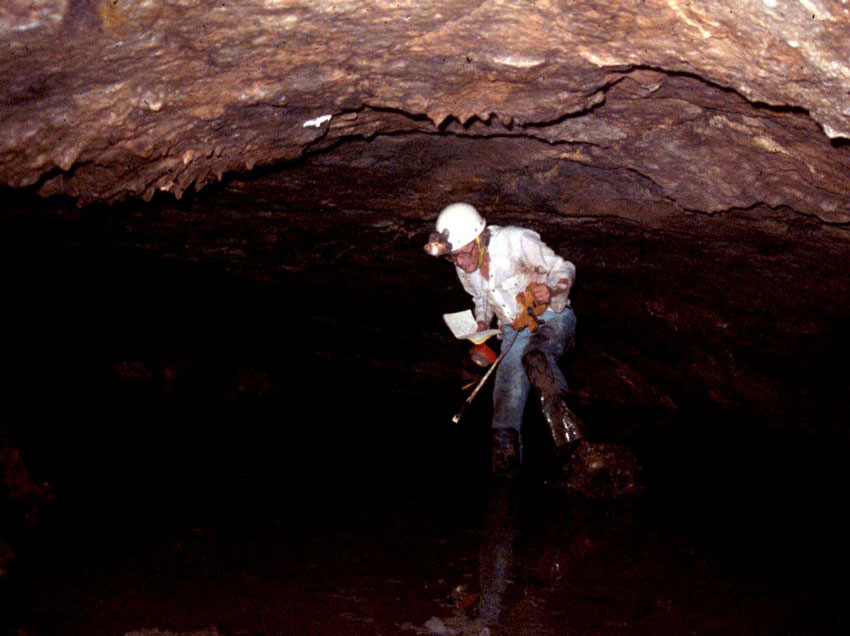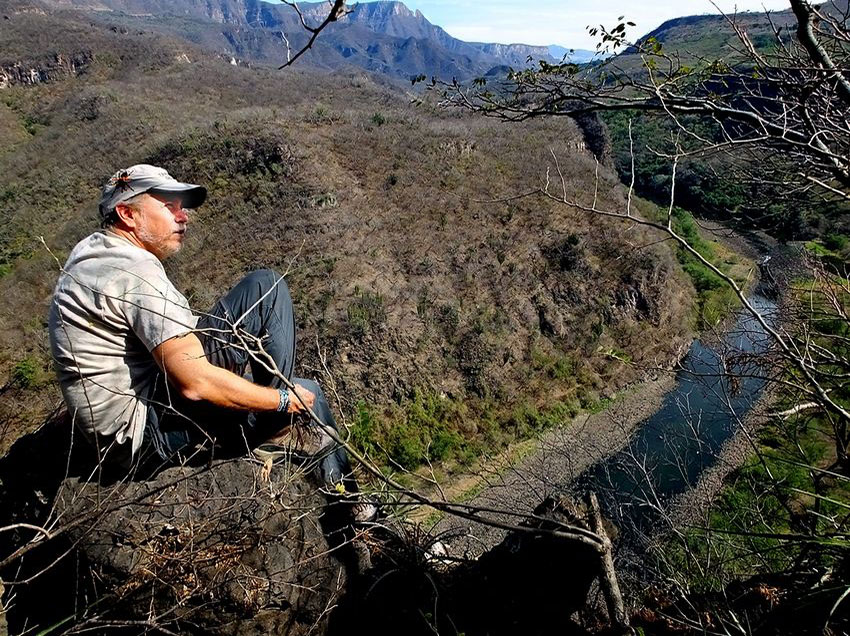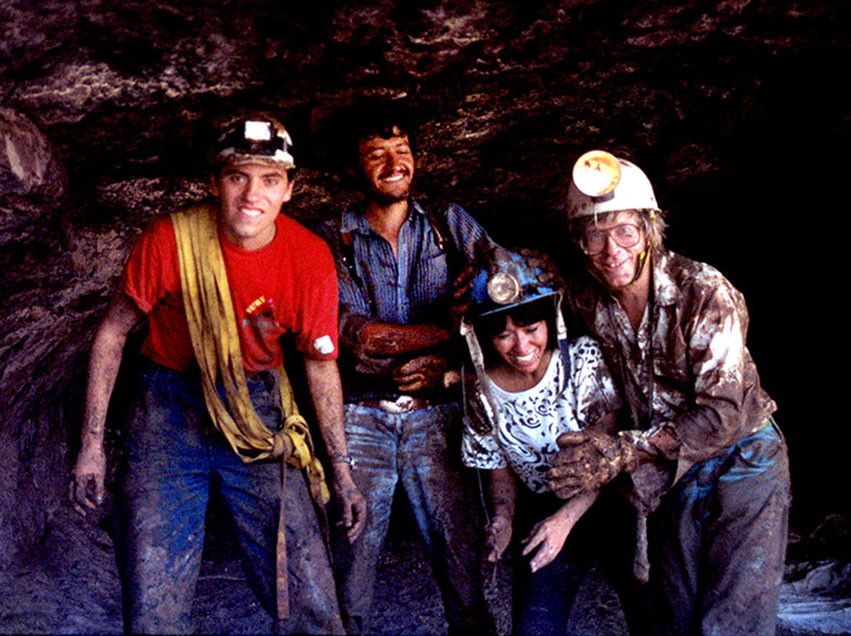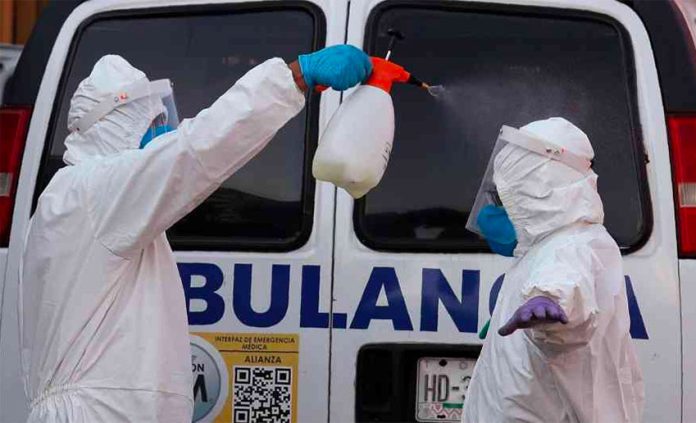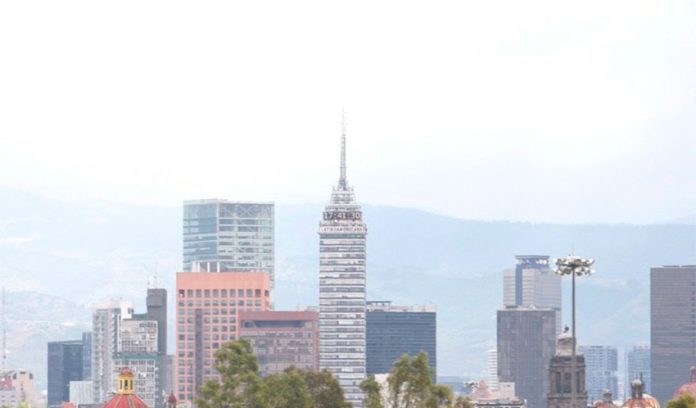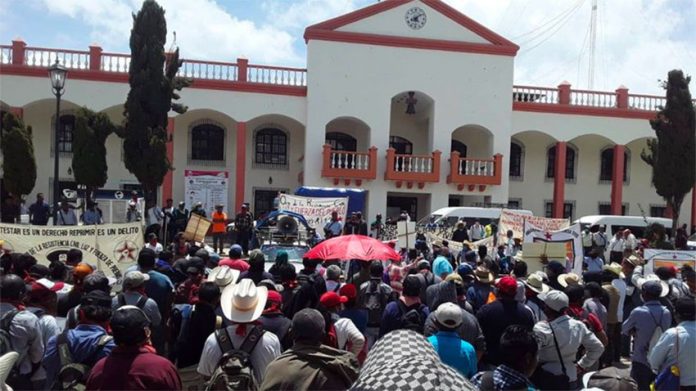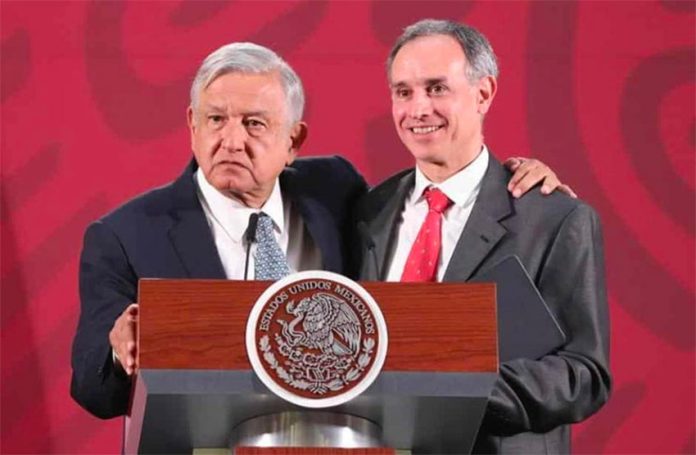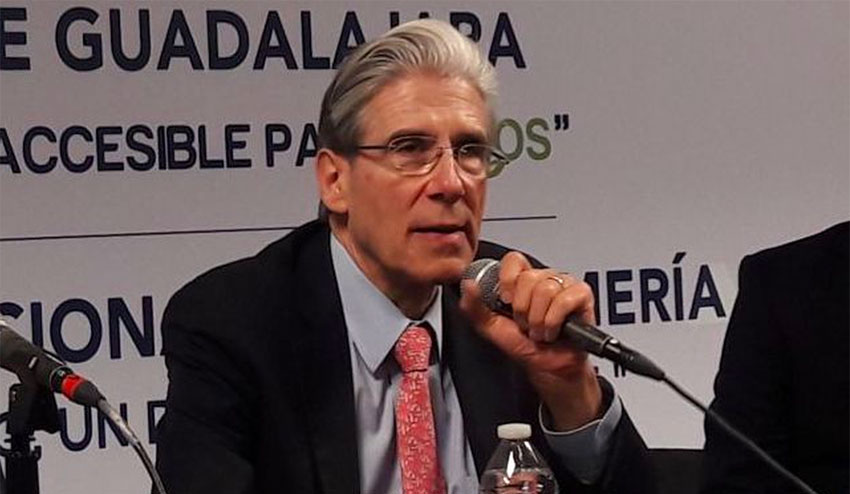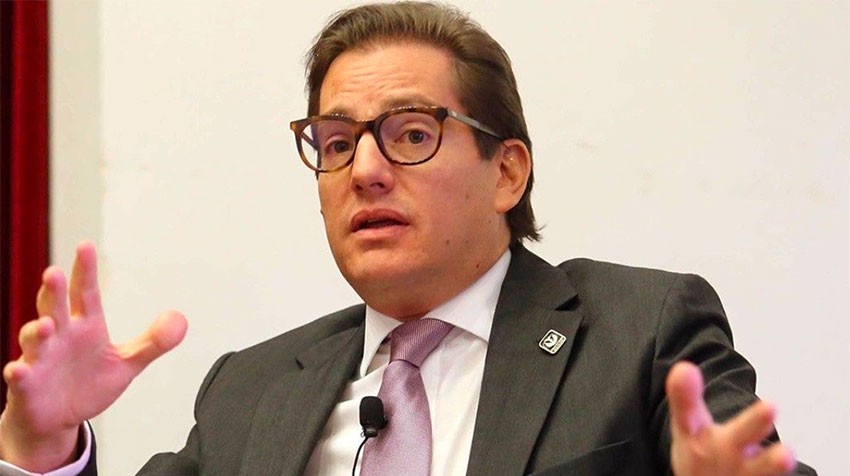Baja California Sur (BCS) remains at the orange, high-risk level for the spread of the coronavirus with new cases mounting and hospitals pushed to the brink.
“There are no more doctors and nurses available to attend to additional patients in all institutions of the health sector,” Governor Carlos Mendoza Davis said Thursday.
“At the beginning of June, we had an average of 30 coronavirus patients hospitalized throughout the state, just over a month ago. In these first days of July, the occupancy has grown to 103 patients. A similar story arises in the use of ventilators, whose availability decreases as infections grow,” he said.
The municipal government in La Paz is also reeling from an outbreak of the coronavirus as 24 workers at city hall have tested positive, as has La Paz Mayor Rubén Muñoz Álvarez, who announced his diagnosis on Thursday and is self-isolating at home, BCS Noticias reports.
Government Secretary Álvaro de la Peña Ángulo announced yesterday that across the state 969 people have been sanctioned since the health crisis began for failing to comply with coronavirus restrictions, and 78% of them chose to do jail time rather than pay a fine of up to 8,000 pesos, about US $356.
“In La Paz there were a total of 205 offenses, of which 203 people were sanctioned with a 36-hour arrest; only two of them preferred to pay a fine, and none chose to pay with community service work,” De la Peña said.
The greatest number of offenders were cited in Los Cabos, where 352 people were sent to jail and 57 were fined.
Only one person in the state, a person cited in Loreto, decided to serve out their punishment doing community service work.
As of Thursday, BCS had 2,109 confirmed cases of the coronavirus and 95 deaths.
Fish out of waters
Fisherman Andrés Camacho was treated to a rare surprise when he found a silvery keta salmon in his net on July 5, Excélsior reports.
The commercial fisherman caught the salmon near Puerto Nuevo, a tiny fishing village in the municipality of Mulegé, and posted a photo to his Twitter account, wondering whether the fish had made its way to Baja after escaping from a fish farm in Chile.
It is more likely the fish swam down from up north, as salmon are common in the waters off the United States Pacific Northwest and Canada, and have occasionally been caught in Southern California.
In 2013 a female coho salmon was caught near Las Barrancas in Comondú.
Turtle takers
Early this week three men in Loreto were detained by officials from the National Fisheries and Aquaculture Commission who spotted them in possession of four live sea turtles as they landed their boat on La Negrita beach.
The men, hailing from Tijuana and Mulegé, were handed over to the Attorney General’s Office and charged with committing a crime against the environment.
BCS Noticias says Profepa seized the turtles in order to release them back into the sea.
Papers, please
Want to go camping on one of Los Cabos’ long stretches of isolated beaches? The Ministry of the Environment and Natural Resources (Semarnat) discourages it but will allow camping if you first file for a special permit, which takes a few days to issue. The permit is free, and can be applied for online or in person at the Semarnat offices in La Paz, as the agency has no offices in Los Cabos, Cabo Mil Noticias reported.
Permit-holders must have their document at the ready as beaches will be patrolled, Semarnat officials said. All beaches in BCS except those in Los Cabos remain closed.
Busted
On July 7, La Tribuna de Los Cabos reported that the Mexican navy seized five packages containing 146 kilos of methamphetamine from a courier service trailer at La Paz’s Pichilingue port. Its street value was estimated to be nearly US $1.5 million.
Officers ran the packages through an X-ray machine and discovered what appeared to be a powdery substance, later confirmed to be meth, as well as 396 grams of marijuana. An investigation into the drugs’ origin is ongoing.
That same day, according to Excélsior, a bus traveling from La Paz to Tijuana was stopped at a military checkpoint in Loreto.
Soldiers searched the bus using a narcotics detection dog that alerted on several cardboard boxes stowed in the bus’s luggage area. The boxes contained 432 sealed cans which were labeled as food, but upon opening them officers discovered they actually contained a total of 105 kilos of meth.
Also busted
State legislator Perla Flores Leyva admits that she was wrong for sending her husband and son to Paris on the government’s dime last year, calling the purchase of the 55,292-peso (US $2,459) airline tickets an “error.”
“I paid for it dearly, I wouldn’t do it again,” Flores says, adding that she has since paid the government back through payroll deductions. She said other legislators have been known to take pleasure trips and charge them to the government, BCS Noticias reported.
“I heard that they want to impeach me for those tickets, but it is not a crime and it is not a cause for impeachment since I paid for them,” Flores said, claiming that news about the purchase was leaked by political opponents.
Mexico News Daily
